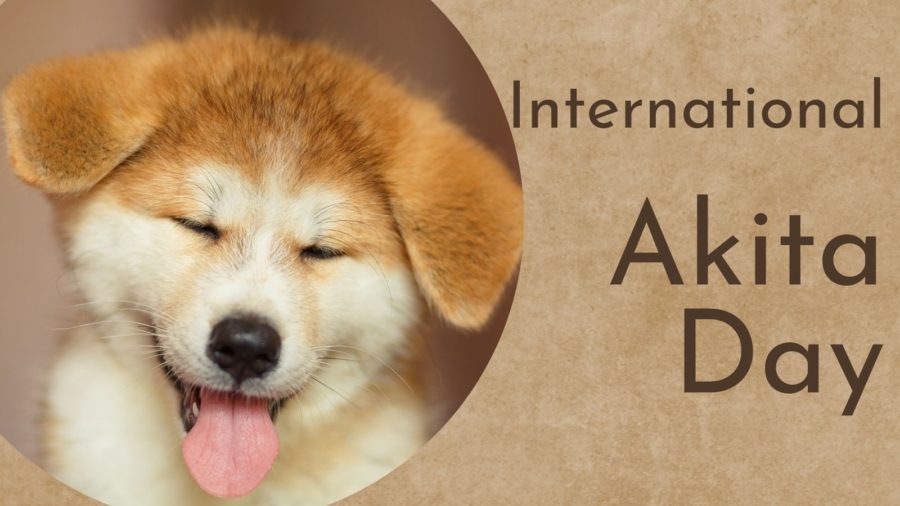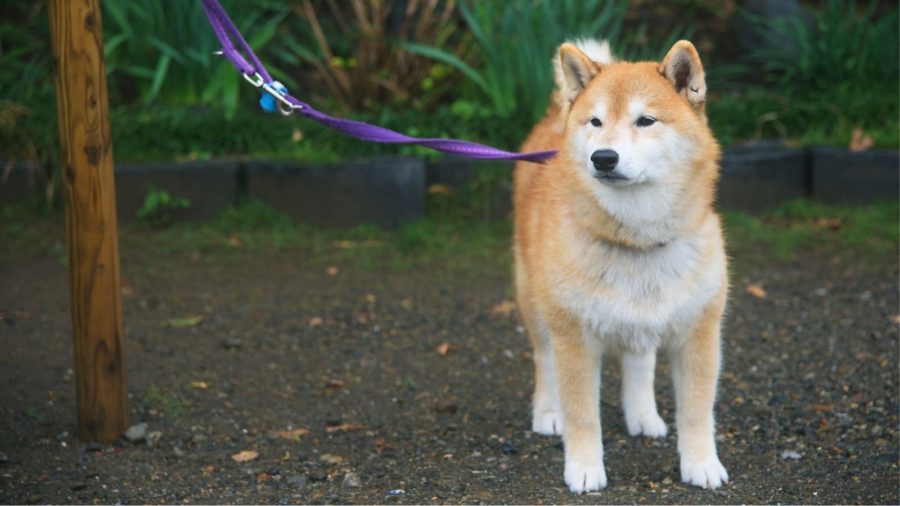img#mv-trellis-img-1::before{padding-top:56.2222222222%; }img#mv-trellis-img-1{display:block;}img#mv-trellis-img-2::before{padding-top:56.2222222222%; }img#mv-trellis-img-2{display:block;}img#mv-trellis-img-3::before{padding-top:56.2222222222%; }img#mv-trellis-img-3{display:block;}
In Japan, the Akita is considered a national treasure, and each year on March 8 — International Akita Day — the breed that is treasured by anyone who has been fortunate enough to welcome an Akita into their heart and home is celebrated by dog lovers around the world.
The date holds a special significance to Akita aficionados, as it was on March 8, 1935 that Hachiko, the most famous member of the breed, crossed the Rainbow Bridge to reunite with the human he loved.
To mark this pet holiday we’ve fetched a few interesting facts about the Akita!


Fun Facts About Akitas
The Akita may be best known to those who have read Hachiko Waits or watched the movie Hachi: A Dog’s Tale. The true story of the bond between Professor Ueno and the dog who waited patiently every day at the Shibuya train station for his favorite human to return from work– an act of loyalty which continued nine years after Ueno’s sudden passing– defines the breed’s love of family.
Hachiko’s memory lives on at the train station, where a bronze rendition of the Akita recreates the many yesterdays when the dog would wait for his pet parent. On the campus of the University of Tokyo another tribute to Hachiko stands, with a likeness of the faithful dog looking lovingly at the face of Professor Ueno.
Dog lovers in the United States can also visit a statue of Hachiko and the Professor at Abbey Glen Pet Memorial Park in Lafayette, New Jersey. The sculpture was unveiled in October 2016, with the Consul General of Japan in New York City among those in attendance.
Akitas were once protectors of Japanese royalty and four-legged friends of Samurai warriors.
Considered a symbol of joy and longevity in Japanese culture, a small Akita statue is often presented to parents to celebrate the arrival of their child.
One of the first US dog lovers to become a pet parent to an Akita was Helen Keller, who was presented with an Akita puppy during a visit to Japan in 1937. Naming her new four-legged friend Kamikaze-Go, she heralded her canine companion by calling him “an angel in fur.” Sadly, Kamikazi-Go crossed Rainbow Bridge at only seven and a half months. The Japanese government sent the advocate for disability rights/lecturer one of Kamikaze-Go’s brothers (Kenzan-Go, affectionately known as Go-Go) to console her.


While the Akita no doubt holds the number one spot in the hearts of anyone who has had the privilege of being a pet parent to a member of the breed, this Spitz-type dog ranks 48th on the American Kennel Club‘s annual list of the most popular dog breeds.
Although the life span of an Akita is an estimated 10 – 12 years, one member of the breed earned a spot in the Guinness Book of World Records for living to the age of 26 3/4!
Also known as the Akita Inu and the Japanese Akita, this ancient breed was named after the Akita prefecture. Located in the Tohoku region of Honshu, Akita is the prefecture’s capital.
Akitas were once known as Odate dogs, due to their region of origin.
The Akita was declared a national monument of Japan in 1931.
Did you know that Akita have webbed toes?
Tourists in Japan can learn more about the Akita at a museum devoted to the breed! Located in Odate City, a statue of Hachiko greets visitors outside of the facility, which doubles as the headquarters of the Akita Inu Preservation Society. On the third floor, the museum offers insight into the history of the Akita through photographs and artifacts.
Adopting an Akita


If you are pondering the prospect of welcoming an Akita into your heart and home, you can find the Akita of your dreams at a breed-specific dog rescue.
You can also search for adoptable Akitas online at:


























